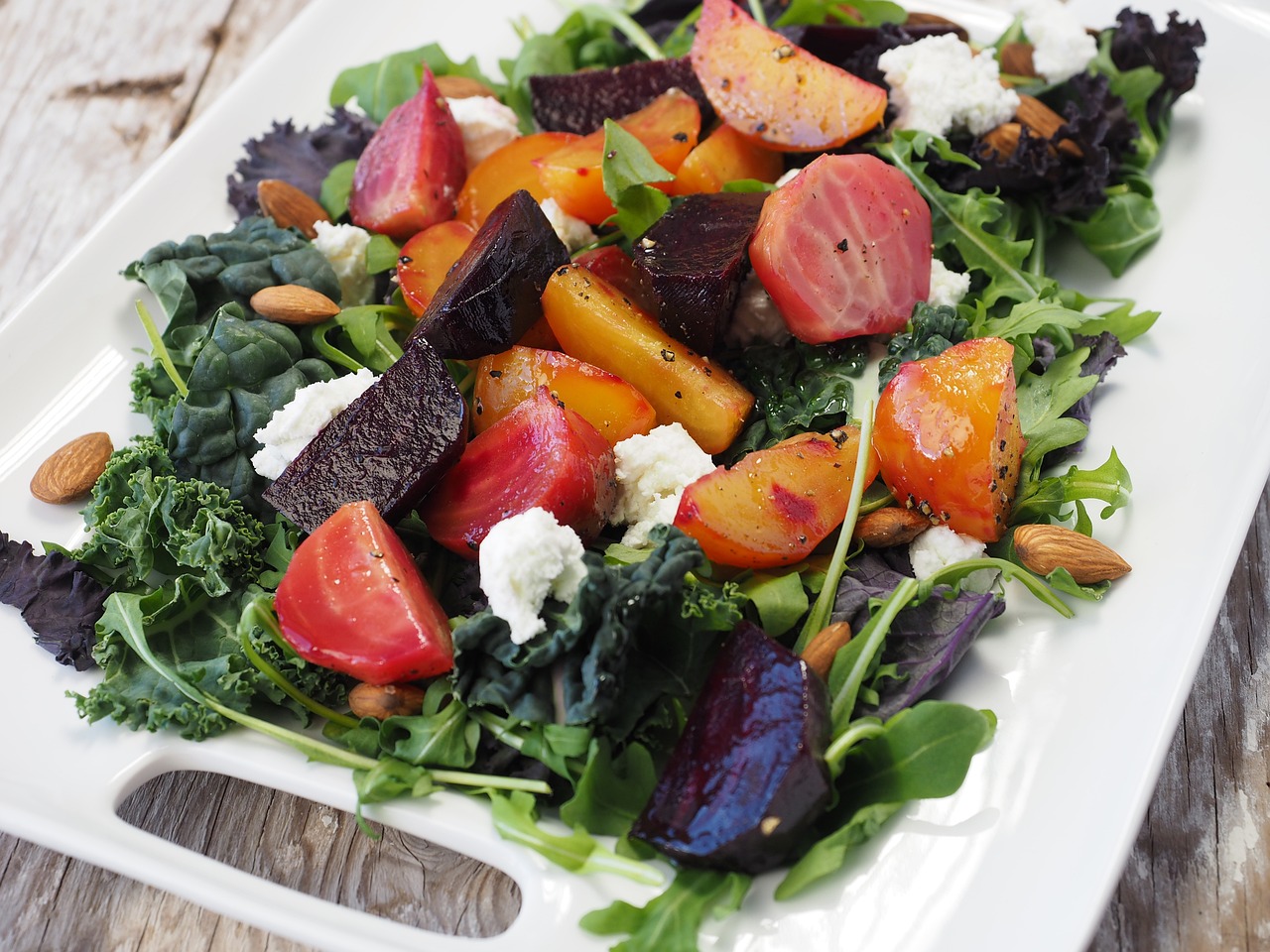“`html
Are you looking to rev up your metabolism and enhance your body’s ability to burn calories? Understanding how metabolism works and how to boost it can be a game-changer for your health and weight management journey. In this blog post, we will delve into the science of metabolism, explore various factors that affect it, and discover effective strategies to give it a natural boost. Whether you’re an athlete, a health enthusiast, or someone simply wanting to improve their metabolic health, this guide will provide valuable insights and actionable tips.
What is Metabolism?
Metabolism encompasses all the biochemical processes that occur within your body to maintain life. It involves converting food into energy, building and repairing tissues, and regulating bodily functions. Metabolism can be broadly categorized into two types:
1. Catabolism
Catabolism is the process by which your body breaks down food and metabolic waste products to release energy. This energy fuels physical activity, cognitive functions, and vital organ operations.
2. Anabolism
Anabolism, on the other hand, refers to the conversion of simpler substances into complex molecules needed for various biological functions, such as muscle growth and tissue repair. Understanding the balance between these two processes is essential for optimizing your overall energy expenditure.
Factors Influencing Metabolism
Several intrinsic and extrinsic factors influence your metabolic rate:
1. Age
- As you age, muscle mass typically decreases while fat mass increases, leading to a decline in basal metabolic rate (BMR).
- According to research, BMR decreases by approximately 2% per decade after the age of 20.
2. Gender
Men generally have a higher BMR than women due to having a greater amount of muscle mass, which burns more calories at rest.
3. Hormonal Factors
Hormones such as thyroxine, cortisol, and insulin play a significant role in regulating metabolism. An imbalance can significantly alter your metabolic rate.
4. Body Composition
The more muscle mass you have, the higher your metabolic rate. Muscle burns more calories than fat even when at rest.
Natural Ways to Boost Your Metabolism
Implementing certain lifestyle changes can effectively boost your metabolism. Here are some practical strategies:
1. Incorporate Strength Training
Building muscle through strength training can help increase your BMR. Aim for:
- At least 2-3 sessions of strength training per week.
- Involve major muscle groups such as legs, back, and chest for maximum effect.
2. Stay Hydrated
Drinking water can temporarily boost metabolism. Studies suggest:
- Drinking 500 ml of water can increase metabolic rate by approximately 30% for about 30-40 minutes.
Tips for staying hydrated:
- Carry a reusable water bottle.
- Set reminders to drink water throughout the day.
3. Get Sufficient Sleep
Lack of sleep can disrupt metabolic health and hinder weight loss. Aim for:
- 7-9 hours of quality sleep each night.
Strategies for better sleep:
- Create a relaxing bedtime routine.
- Avoid screens one hour before sleep.
4. Incorporate Metabolism-Boosting Foods
Certain foods can help accelerate metabolism. Consider adding:
- Protein-rich foods: Chicken, fish, legumes, and dairy.
- Spices: Cayenne pepper and ginger can temporarily increase calorie burn.
- Green tea: Contains catechins that may enhance fat oxidation.
Measuring Your Metabolic Rate
Understanding your metabolic rate can help tailor your weight loss or fitness plans. Here are a few methods to measure it:
1. Basal Metabolic Rate (BMR) Calculators
Online BMR calculators typically consider age, weight, height, and gender to estimate your resting metabolic rate.
2. Indirect Calorimetry
This method involves measuring oxygen intake and carbon dioxide output while at rest. It’s often conducted in clinical or fitness facilities.
3. Wearable Fitness Trackers
Many modern fitness trackers calculate your daily calorie burn, giving insights into your activity and metabolic needs.
Conclusion
Boosting your metabolism is a multifaceted journey that involves understanding your body’s unique characteristics and implementing practical lifestyle changes. By incorporating strength training, staying hydrated, ensuring sufficient sleep, and adding metabolism-boosting foods to your diet, you can enhance your body’s energy expenditure and improve overall health. Remember, individual results may vary, and it’s always best to consult with a healthcare provider before making significant lifestyle changes.
“`






